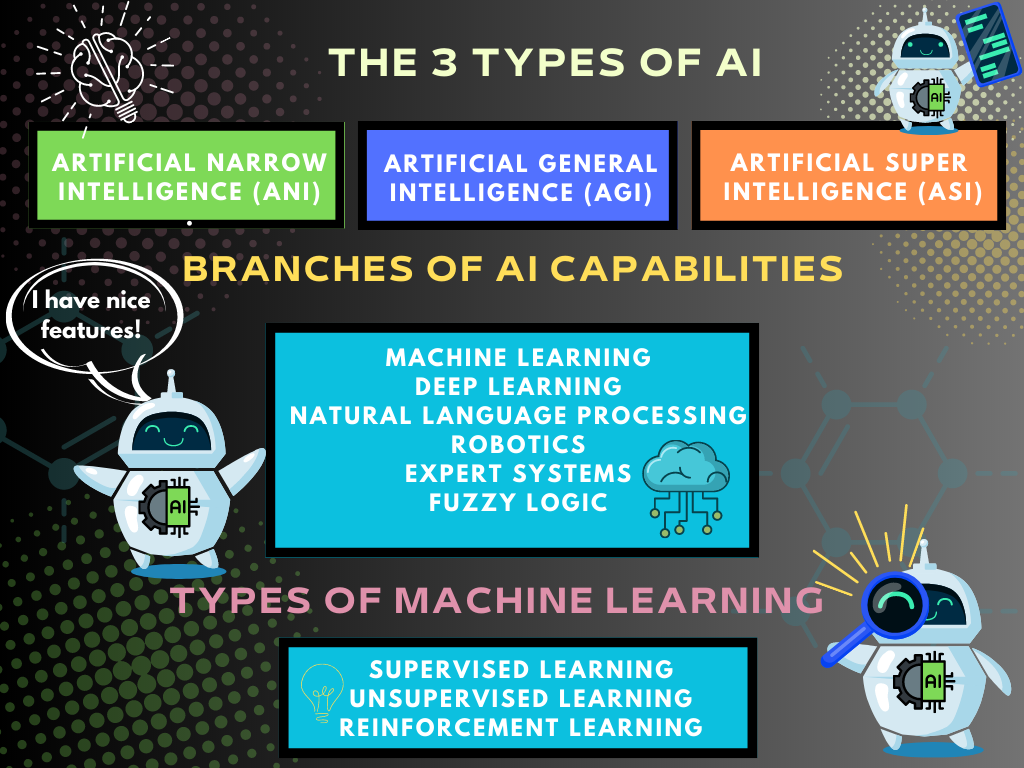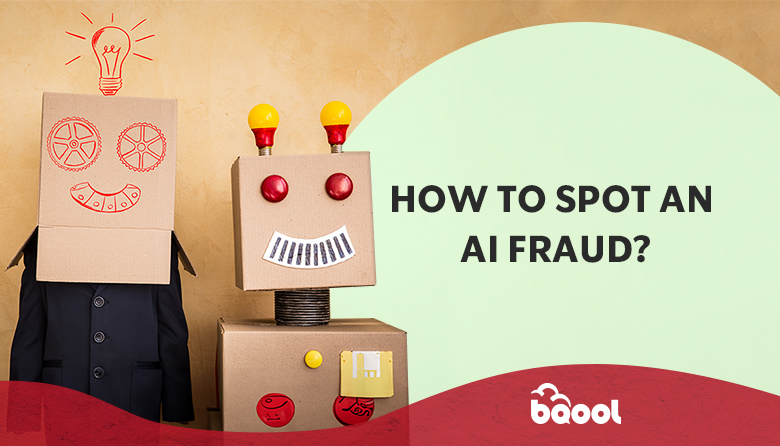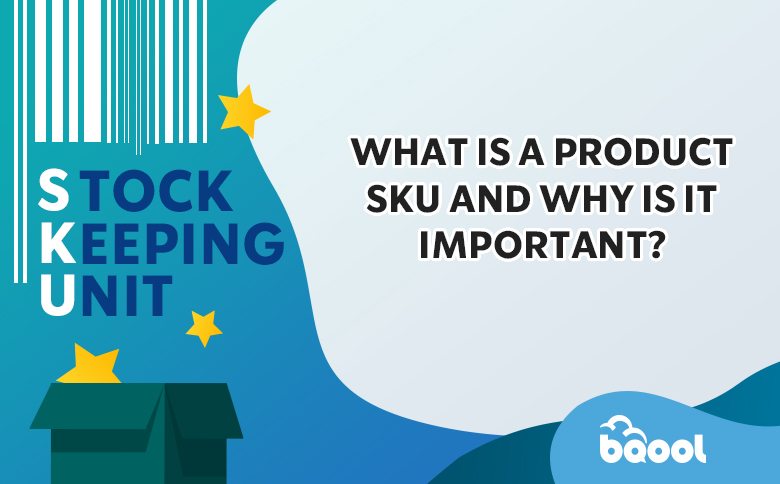How to Spot the Fake AI Claims?
AI is the coolest and trendiest topic that a lot of people talk about. If you type “AI” into your search engine you will get bombarded with articles, videos, and blogs to explore everything about this incredibly fascinating subject. Unfortunately, AI also brings with it a whole bunch of ethical issues, social challenges, and fraudulent claims from companies claiming their products, specifically their repricer software, are powered by AI. For now, this is largely unethical marketing rather than tangible reality; most of these companies only use algorithms as opposed to Artificial Intelligence. And repricer software companies are not the exception.
In this article, we will be looking into what AI truly is and how to identify if the service or product you are using is indeed run by AI.
What is AI and How Does it Work?

AI (Artificial Intelligence) is an umbrella term for simulation of human intelligence processes by machines, especially computer systems. It involves tasks such as problem-solving, planning, learning, natural language processing, and recognizing patterns. AI is used to automate tasks that would be difficult or too time-consuming for humans to do.
AI encompasses a variety of different capabilities. AI can be classified into several categories:
The 3 types of AI:
- Artificial Narrow Intelligence (ANI)
Narrow AI is a type of artificial intelligence that is designed to solve a specific task or a limited range of tasks by using machine learning algorithms trained on large sets of data to identify patterns and make predictions. It can perform certain tasks faster and more accurately than humans; however, it cannot generalize and understand the context.
Examples of products using Narrow Intelligence: Smart assistants like Siri, Alexa
- Artificial General Intelligence (AGI)
General Artificial Intelligence (AGI) is a term used to describe systems that possess significantly advanced capability to solve problems, process emotions, and generate insights well beyond the abilities of a human. AGI is considered the holy grail of Artificial Intelligence (AI) as it represents a superhuman level of learning and decision-making capabilities.
- Artificial Super Intelligence (ASI)
Artificial Super Intelligence (ASI) is an advanced form of artificial intelligence that can surpass any existing human intelligence. It involves creating autonomous and programmable machines to solve highly complex cognitive tasks and understand environments. ASI involves the integration of artificial neural networks, natural language processing, robotics, and machine learning technologies into a single platform. It promises to revolutionize how businesses and organizations operate and interact with customers.
Different AI technologies have various branches of AI capabilities, such as:
- Machine Learning
- Deep Learning
- Natural Language Processing
- Robotics
- Expert Systems
- Fuzzy Logic
After the AI capabilities you can find the subfields of AI:
- Supervised Learning
- Unsupervised Learning
- Reinforcement Learning
Here is an illustration that summarizes what is AI and the different categories and subcategories of its capabilities.

If you are interested in learning more about the fascinating topic of Artificial Intelligence (AI) and its different capabilities in depth, be sure to check online; there are numerous insightful articles that you can read to gain further knowledge.
What is the Difference Between “AI” and “Algorithms”?
The main distinction between AI and algorithms is that algorithms are rigid and limited preset of commands, while AI is capable of learning from its experiences and making decisions that go beyond its pre-programmed instructions. AI can modify its behavior and adapt to new conditions, making it the ideal solution for highly complex problems, such as natural language processing, image recognition, and automated decision-making.
On the other hand, algorithms can be used to develop more rudimentary applications such as price comparison websites or search engine queries. While some AI applications use algorithms to function, the two are not interchangeable, and those claiming otherwise could be misleading customers into believing they are buying something they may not be. Algorithm-based “AI” is much easier to develop than actual AI solutions, and therefore it is important to be aware of what technology is being used before you make any purchasing decisions.
What are the Limits of AI?
Despite the impressive results AI has achieved, its complexity is limited to what is known as Narrow AI. This means there is a restricted set of tasks AI can currently do, and it is unlikely that it will be capable of running for example your Amazon store or making decisions on its own without human input. There is still a long way to go before AI reaches the level of complexity that these tasks require.
So, you can relax, the robot rampage is not for tomorrow! But make sure you keep an eye out for deceptive information- especially when it comes to companies making claims about their products containing “AI-powered” technology. After all, knowledge is power! Do not let these scammers fool you and take your money!
Verifying Your “AI Repricer”: How to Tell If It’s Real or Fake?
Are you uncertain whether your Repricer claims to feature “AI” capabilities are true? Here are three helpful tips for you to check if your Repricer is powered by AI:
Tip 1: Look at your repricing log!
Unlike algorithmic rule repricers, AI repricers can quickly and accurately set a price that would either help you get the buy box or increase your profit on your listings, because it can analyze and evaluate listings to predict the right price adjustments by changing prices dynamically with the help of machine learning. Algorithmic rule repricers, on the other hand, are limited to just repricing by a fixed value with user presets and they cannot analyze and assess the market conditions and act accordingly.
Tip 2: Consider the Repricer Experience
A Repricer company needs an AI-powered machine learning system and a large dataset to effectively adapt and continually improve. It is incredibly difficult to establish a full AI capability with less than a decade’s worth of experience.
Tip 3: Question AI use!
Are you curious about how companies are using Artificial Intelligence (AI)? It’s a good question to ask! When a business claims it has AI in its software service, we need to consider what it truly means and how it functions. Is AI necessary and to what extent? Asking questions can give you a better understanding of how AI is being used and it can help you to spot “fake AI”.
“FTC Claim Checked”, Sellers Be Aware!
The FTC (federal trade commission) is taking the fight against Artificial Intelligence fraud seriously, and this article is a warning to the fake AI claims. It offers an insight into the forthcoming investigations the FTC will undertake to fight against AI fake fraud. Such claims are becoming increasingly common, and the agency is determined to ensure that consumers remain protected:
“We’ve already warned businesses to avoid using automated tools that have biased or discriminatory impacts. But the fact is that some products with AI claims might not even work as advertised in the first place. In some cases, this lack of efficacy may exist regardless of what other harm the products might cause. Marketers should know that — for FTC enforcement purposes — false or unsubstantiated claims about a product’s efficacy are our bread and butter.”
Whether you’re a consumer or an investor, it can be tempting to be lured in by something that looks too good to be true. Unfortunately, a lot of startup companies use this subterfuge to make themselves appear more attractive. Don’t let the fancy name of AI fool you! Doing your homework before jumping in head-first is the best way to dodge the bullet of prevalent frauds on the internet!
As Artificial Intelligence (AI) technology continues to rise, it is important to be vigilant when making any decisions related to your money or personal data. Doing so can help protect against fraud that could cost your time, energy, and money. Thus, we advise double-checking data and thinking twice before making any major decisions. Additionally, no special AI engineering knowledge is required to understand the basics of AI systems, and therefore everyone should be aware of not getting fooled by unscrupulous companies using “complex and fancy words” to confuse you.
Click here to hear this article’s podcast version!













Leave a Reply